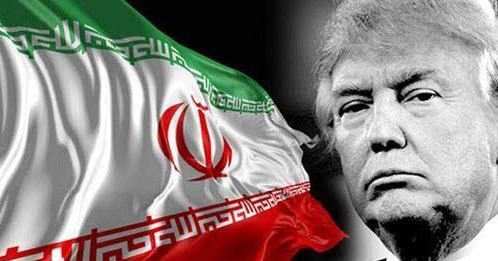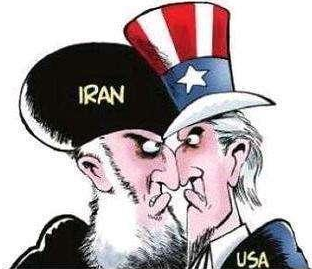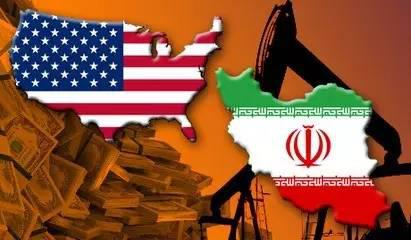What's actually behind the escalating situation between Iran and the United States
January 10, 2020
(Credit: Dongfanghao)
Over the past week, both America and Iran have "unprecedentedly" crossed each other's "red lines", but at some point they have tacitly prevented the situation from further escalation. Overall, the United States has won immediate benefits, but planted a time bomb for the future. While Iran has suffered immediate losses, it has also gained face, and opened a door for its strategic layout in the Middle East in future.
Iran uttered numerous harsh words before launching the attack, claiming that even the weakest of its thirteen options for retaliation would be "strong enough to leave an indelible impression on the United States". The attack does seem to have breached the "red line" of the United States, and was tantamount to a direct declaration of war, which was reported by the U.S. media as "Iran's most blatant military operation in 40 years". But the truth is that Iran turned a "declaration of war" into a "drill" by letting the U.S. military know of it in advance via Iraq before launching the attack. President Trump understood tacitly and later declared in a speech that "the action would stop there". All of this leaves no room for doubt that this is a show presented jointly by the United States and Iran for a worldwide audience. But, as is often the case, behind such seemingly "unexpected" and "absurd" events, there must exist inherent logic and rationale.
(Credit: www.xftz.cn)
Suleimani was surely an important figure, but he will have successors to replace him. What is more important to Iran than Suleimani is its geopolitical interests in the Middle East. Breaking with the United States and further escalating the situation, will only increase its impotence in a long run. While Iran, through the current wave of actions, not only has diverted attention away from the social tensions that had previously built up in the country and stimulated patriotic fervor, but also will solidly further facilitate the unity of Shia Muslims in the Middle East, thus continuing to strengthen Iran's influence in regional affairs. It is not hard to see from this that the Persians never lack wisdom and rational thinking in the struggle with the United States.
At the same time, from the perspective of the Trump administration in the United States, letting go is also an extremely reasonable choice. First of all, after Suleimani's assassination, Israel, Saudi Arabia, the United Arab Emirates, Qatar, Iraq and other countries have clearly stated that they don't want to get involved with this imbroglio and the European Union itself is at odds with the U.S. on the issue of Iran's nuclear programme. Under these circumstances, it is hard for the United States to go to war without the support of its allies. Besides, it is actually a losing proposition for Trump who has never supported warfare. Second, Israel's response to Iran's renewed threat to "wipe Israel out with missiles" was relatively low-key, so there are possibilities that the American Jewish interest groups and Christian evangelicals may work together to ask the Trump administration to remain cautious and prevent things from sliding further out of control. Third, Trump's biggest goal in 2020 is to run for re-election. Trump has conspicuously shown his "leadership" and "decisiveness" through the assassination of Suleimani and obtained a political dividend from this. However, if a war against Iran was waged rashly, and the situation got out of control, it would amount to "self-destruction" for Trump.
On the surface, the United States and Iran have ended up with a tie this time, but in the long run, the United States is clearly going to lose more than it gain. Iraq has already sent the U.S. packing. As for Iran, it is united in its pledge of revenge and in future will launch endless attacks and harass the U.S. through proxy wars and other indirect means. The success of America's strategic assassination of Suleimani is bound to plunge it into a long-term strategic stagnation in the Middle East.
(Credit: global.sina.cn)
—————————————————————
ON TIMES WE FOCUS.
Should you have any questions, please contact us at public@taiheglobal.org


